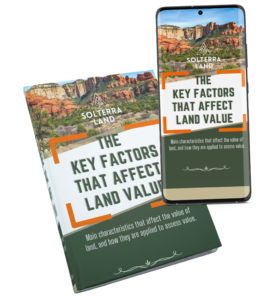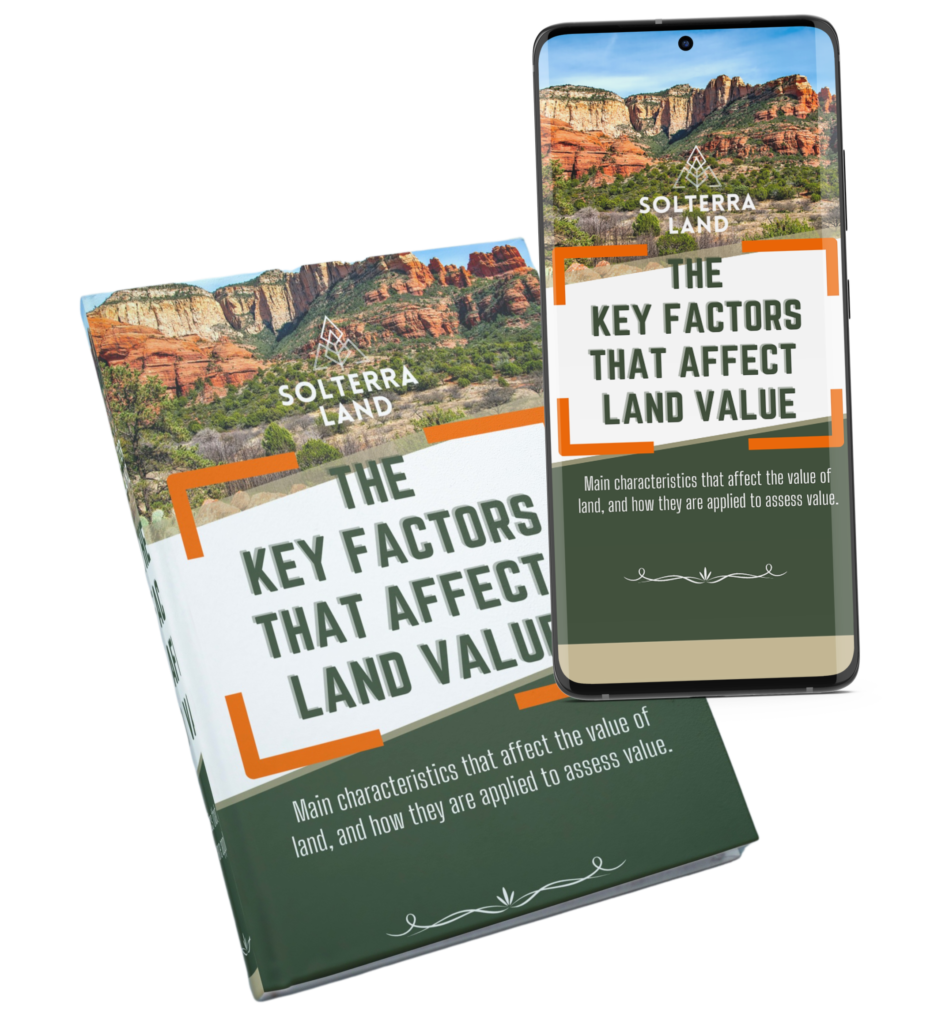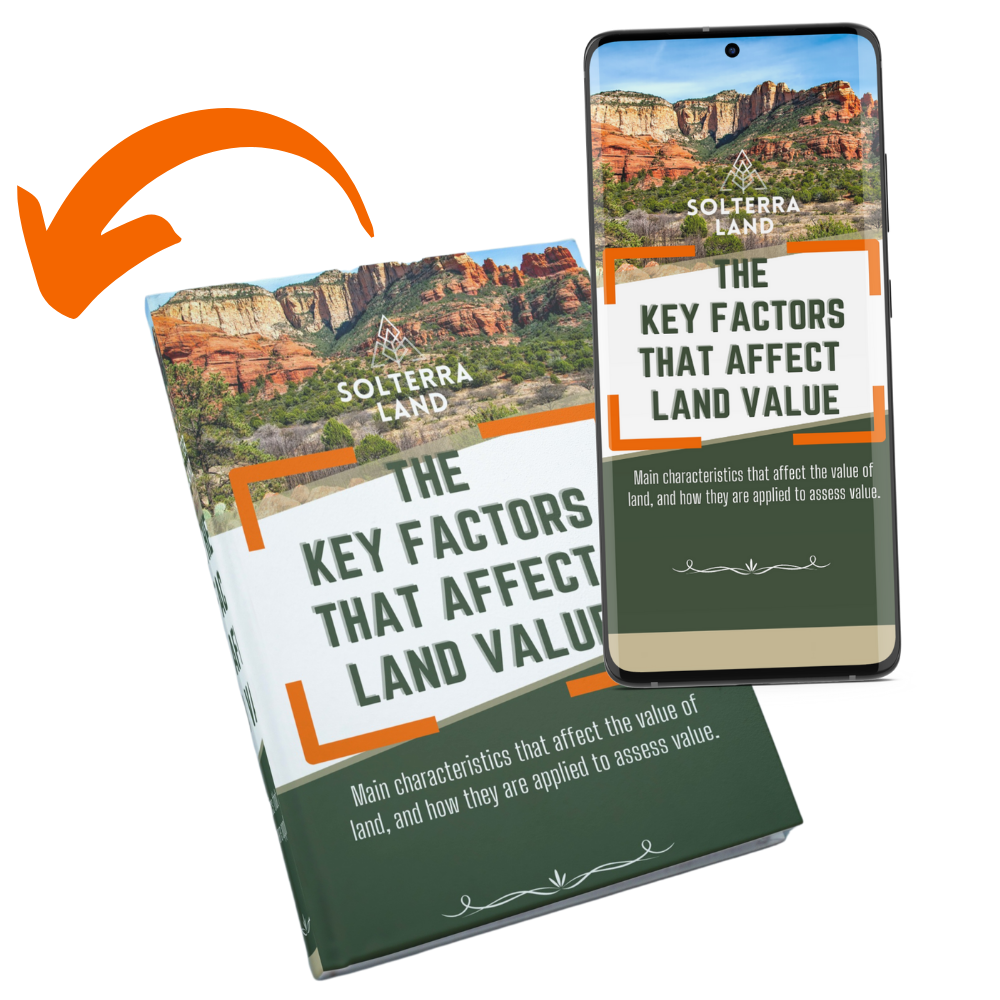In our world, water is the ultimate natural resource. Communities and even entire civilizations over time have been concentrated around places with easy access to water. As our world gets warmer, and the population increases, water will only become more scarce over time – making access to it even more important. And governments at all levels have increasingly taken action to ensure preservation and equal distribution. Understanding Water Rights: 12 Types of Water Rights
For owners of property with any water above or below ground level, it’s essential to understand how to manage and use the water – and the land around it – to optimize the value of the property and ensure compliance with rules and regulations. Here are some particular items to consider:
Generally speaking, a property owner can claim ownership of the water on their land – and all rights and privileges that come with it – if the water comes from a ground source on the property. This is especially common with ponds, springs, swamps and the like.
- Riparian rights, common throughout the nation, allow for property owners to use water from a river bordering the property on their land. Property owners do not own the river, because it doesn’t originate from a source on property, but they retain rights to use the water. Riparian rights are complex and localized, so it’s important to speak with a lawyer or other expert where the property is located to learn more. For example, depending on the location, there also could be public access and use rights to that river as well.
- If there is water on a border of your property, there may be other restrictions or rules governing its use. Local governments are best to consult on these.
- In places where water is more scarce, there could be regulations about the use of water on property. For example, in Pahrump, Nevada, the State Supreme Court recently ruled that property owners couldn’t dig a new domestic well on their land in a particular town unless they paid the town $15,000 for management and upkeep of the one main aquifer that serves that town. There’s only so much water left in the aquifer, and the town and state want to preserve access to it for all and keep it from running out. Of course, this means that vacant land there with access to other water is much more desirable – and land without any existing water source other than the aquifer is much less valuable.
At Solterra Property, we want to help you understand the implications of any water on your property. We have access to all the tools needed to research local rules and regulations, and we work with experts on the ground in every place we operate. Nothing gets past us, and as a result, nothing gets past our seller partners. We look forward to helping you optimize the value and usability of your property. Here is another great resource on the topic: Understanding Water Rights When Purchasing Land
Being informed is a huge key to success in this industry. Check out this amazing blog post by Compass Land USA on How Mineral Rights Work to continue expanding your knowledge base!
Solterra Property helps real estate sellers unload their property easily, efficiently and safely. Contact the Solterra Property team at 612-662-4542 or [email protected].

 Generally speaking, a property owner can claim ownership of the water on their land – and all rights and privileges that come with it – if the water comes from a ground source on the property. This is especially common with ponds, springs, swamps and the like.
Generally speaking, a property owner can claim ownership of the water on their land – and all rights and privileges that come with it – if the water comes from a ground source on the property. This is especially common with ponds, springs, swamps and the like.





















